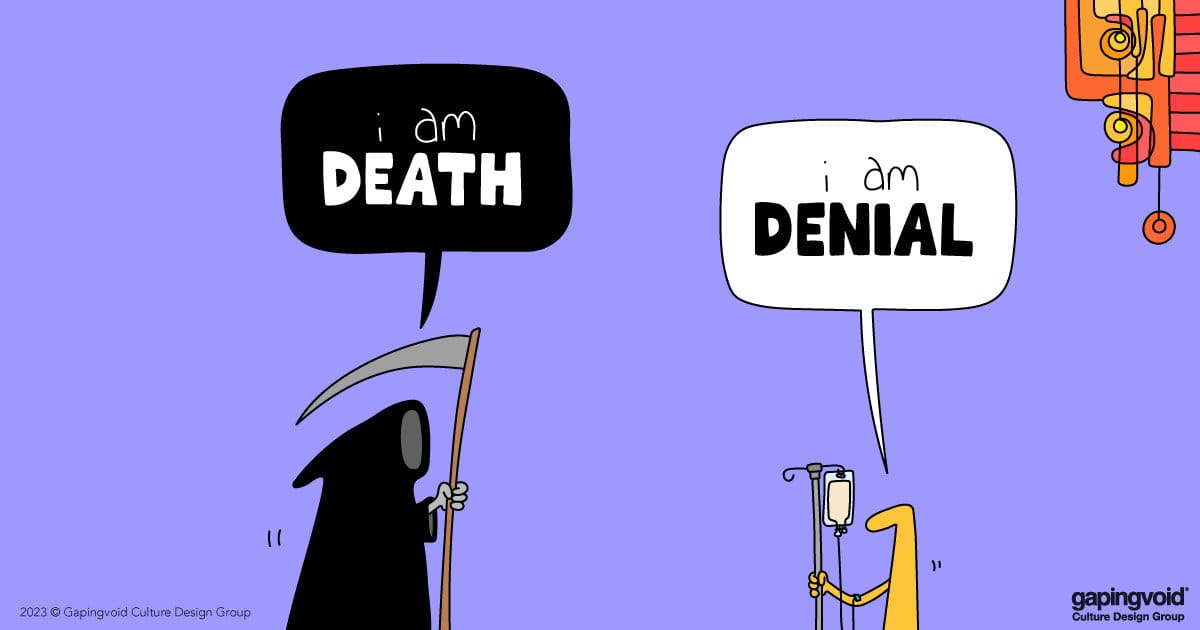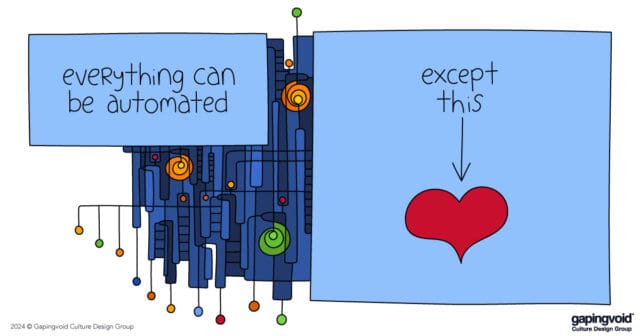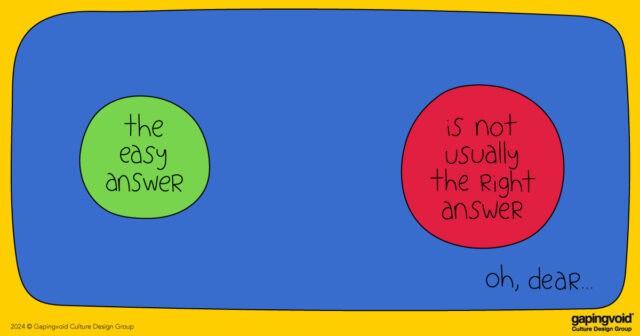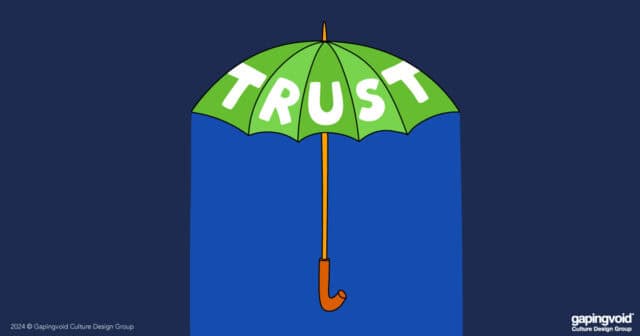
Back in 2009, the British philosopher, Simon Critchley came out with a delightful read called “The Book Of Dead Philosophers.”
Critchley believed that how a person dies is as important as how they live, so he wrote a book about how the top 170 philosophers in the world died, and how each death reflected on how they lived and the ideas they left behind.
It’s an interesting idea, also a very old one. The Vikings believed that if you died a coward and/or in your bed (as opposed to valiantly in battle) you didn’t get to go to Valhalla afterwards. “Come back with your shield, or on it,” Spartan women would tell their menfolk as they headed off to war.
Dying with courage is a big signifier that you actually lived with courage. It sure beats having “Here lies a weak, sniveling, cowardly waste of space” inscribed on your gravestone.
Another issue to explore is “Why bother?” Why bother about how you’re going out, when in about three minutes you’ll be outta here anyway, and none of this will matter?
What is this “Death” thing anyway, and how should we handle it? Can it actually be handled in the first place?
This subject was discussed in a recent Econtalk podcast when they had the author, Dr. Lydia Dugdale on to talk about her new book, “The Lost Art Of Dying.”
Dugdale had worked in a hospital for many years, and had seen life come to an end many, many times. She had also seen a lot of people who were obviously dying kept alive by modern medicine to prolong their lives by just a few hours. It wasn’t pretty.
She asked herself, is all this end-of-life brutality worth it? Wouldn’t it just be easier to let them fade “gently into the good night,” like Nature intends?
Maybe with all this wonderful technology that has kept us alive for so long, we’ve lost touch with the reality of death. Maybe it’s become not something we live with constantly (like our ancestors did), but sweep under the carpet until the very last minute. Does anyone really think that’s good for us in the long run?
Have we lost “Ars Moriendi,” the art of dying? It’s a real shame if we have because if we truly accept that we’re going to die one day and plan accordingly, the end result will be lives lived more meaningfully and intentionally.
Which is the whole point, right?



